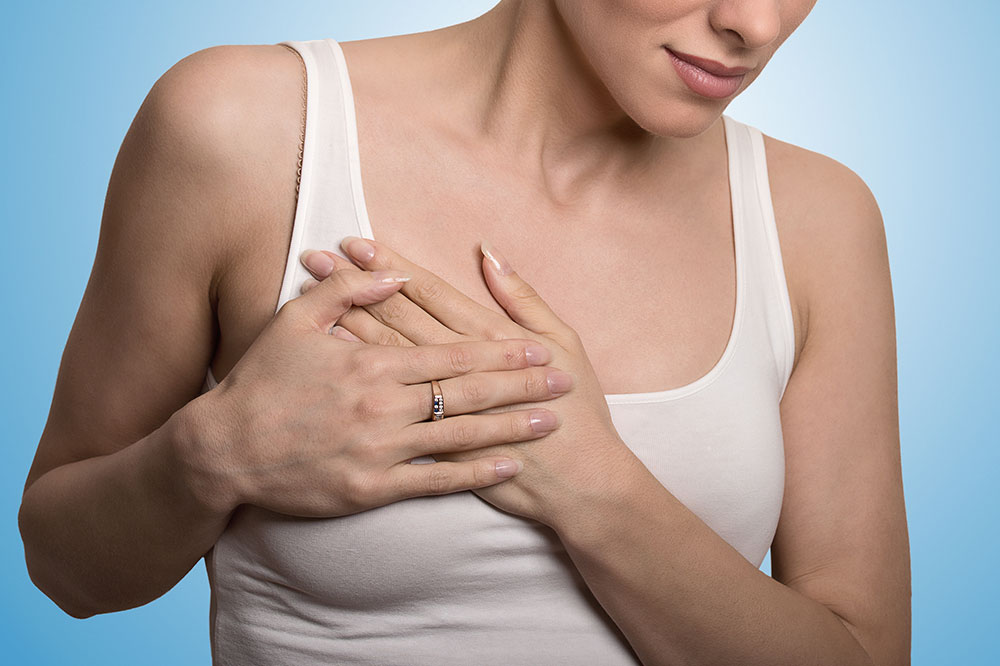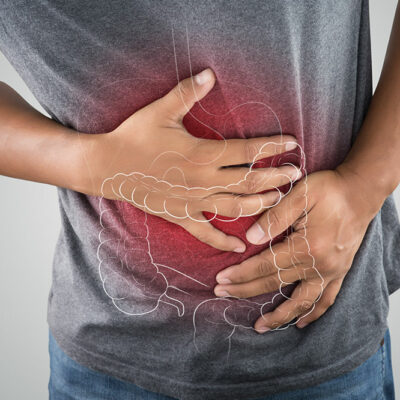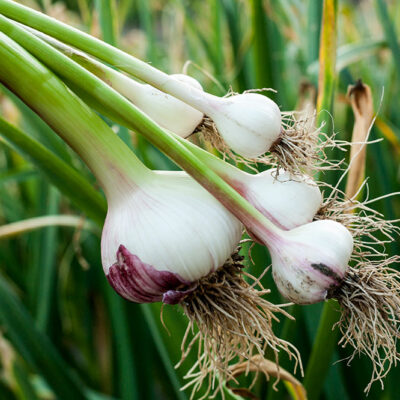
4 Things to Know about Breast Cancer Risk During Menopause
Although there is no evidence to show that menopause increases the risk of breast cancer, the chances of developing breast cancer increase with age. There are also some medicines used to manage menopause symptoms that can have a role to play in the development of breast cancer. So, here are some important things every woman should know about breast cancer and menopause to live a healthy life.
1. Does menopause increase the risk of breast cancer?
Menopause does not lead to breast cancer. However, breast cancer and menopause are related because the chances of developing breast cancer keep increasing with age. This puts menopausal women at a higher risk of breast cancer. Also, women who undergo menopause after 55 are at a higher risk of developing breast and endometrial cancer. The reason behind this is believed to be the presence of excess estrogen.
2. What role does hormone replacement therapy have on breast cancer development?
Evidence suggests that the longer a woman has high levels of estrogen in her body, the higher her chances of developing breast cancer. Women going through menopause who suffer from symptoms are often given hormone replacement therapy. So, the longer a woman stays on the treatment and keeps getting a combination of progesterone and estrogen, the higher her chances are of suffering from breast cancer.
3. Which treatments for breast cancer can cause symptoms of menopause?
There are several treatments used for breast cancer that can cause menopausal symptoms. These include hormone therapies, ovarian suppression, and chemotherapy. Hormone medications that can lead to menopausal symptoms are exemestane, letrozole, tamoxifen, and letrozole. When menopause happens naturally, it takes place gradually. However, in ovarian suppression therapy, menopausal symptoms are brought suddenly and can be more intense. If a woman has not undergone menopause, chemotherapy can cause it. The ovaries responsible for producing estrogen are affected in the treatment, and thus, it can make your periods stop.
4. Can breast cancer be prevented?
Although there is no definite preventive measure that can prevent breast cancer, there certainly are some steps that can help you reduce the chances. These include maintaining a healthy weight, doing moderate to intense workouts for at least 30 minutes five days a week, following a healthy diet by including more fruits and vegetables and reducing red or processed meat consumption. In addition to all this, alcohol consumption must also be avoided. If you know you are at risk of developing breast cancer, getting regular screenings is also important.


